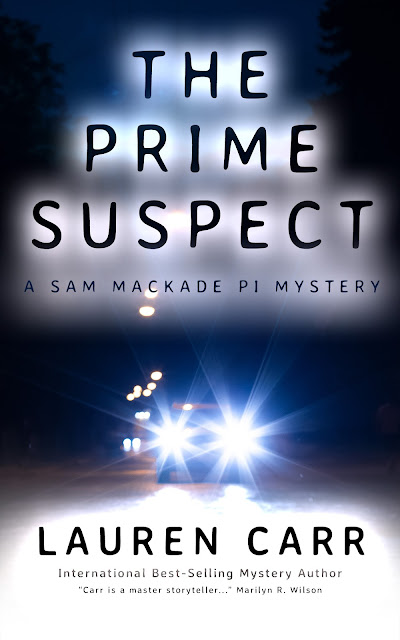G.P. Putnam's Sons (Penguin Group)
ISBN: 978-0-399-15534-5
Published Feb 10, 2009
Hardcover, 464 pages
Kathryn Stockett’s debut novel is like a steam engine that starts nice and slow, then picks up momentum and speeds along. It had me wishing there were more than 450 pages because I did not want it to end! Stockett created such memorable characters that I could almost believe that if I went to Jackson Mississippi I’d meet them.
The Help gives us a glimpse of what it was like to be a black maid during the 1960’s in Mississippi—from the point of view of the black maids. Not the stereotypical version of the mammy black maid portrayed by Hollywood, but the version taken from Stockett’s own experience of having been raised by a black maid. She captured their voices so well, I could clearly picture those Southern black women, I could feel their despair, their acceptance, their anger, their joy.
Reading this novel filled me with a myriad of emotions. I laughed at some of the humorous situations that came up, felt anger because of the prejudice, sadness at the lack of love not only among the races but also between parent and child, glee at how some were outsmarted, and I had tears of joy for the small victories that became stepping stones to better times. I also cringed because of the profanity, particularly the word g*dd*mn which was used more times than I cared for, although like some of my book club members, you might be so absorbed in the story you might not notice as much. And it ended a little abruptly. I would have liked for the story to continue a little more. When a steam engine train gets rolling it takes time to bring it to a full stop. However, this does not affect the storyline much. It was understood where the characters would go from there.
The book’s message is a lofty but fundamental one. At the end of the novel, in her own words, Stockett writes, “I don’t presume to think that I know what it really felt like to be a black woman in Mississippi, especially in the 1960s. But trying to understand is vital to our humanity. In The Help there is one line that I truly prize: ‘For women to realize, We are just two people. Not that much separates us. Not nearly as much as I’d thought.’”
Well said. Well written. Stockett took on a difficult subject and it seems, effortlessly churned out an unforgettable story with unforgettable characters.
Disclosure: I borrowed this book from the library. I was not told how to rate of review this book.







I feel like the last person in the world to read this book. I need to read it since I lived in Mississippi in the early 1960's. Of course, my family never had help, but I still want to read the book and discuss it with my mother.
ReplyDeleteThis comment has been removed by the author.
ReplyDeleteBermudaonion, I'm curious as to what your thought of this book will be since you lived there during those turbulent times. :-)
ReplyDeleteOh wow this book looks really good! My mom read it and has been wanting me to read it, too. I'm glad you liked it, that says a lot to me :D
ReplyDelete"The Help gives us a glimpse of what it was like to be a black maid during the 1960’s in Mississippi" -- This is the biggest problem I have with this book -- it is a WHITE author's view of what it was like to be a black maid in the 1960s. Totally lacking credibility in my opinion, but I'm the only one who feel that way.
ReplyDeleteGreat review though!
Gerbera Daisy Mom- Very true! But I truly think this book was a tribute to her childhood maid. The author does state in her own words at the end of the book that she does not pretend to understand what it was like to be a black maid in the 60's but she sure captures it enough to the praise of black women.
ReplyDelete